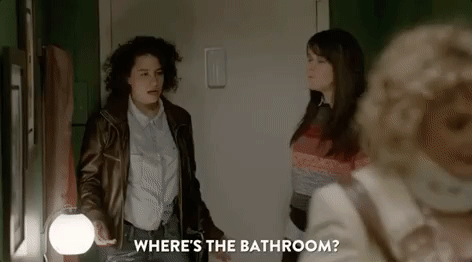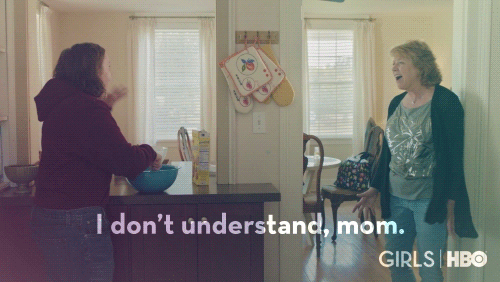
High five for managing to pick your perfect housemates. Phew, at least the hardest part is out the way. After all, it doesn’t matter where you are, but who you’re with.
(Just joking, of course it matters where you are otherwise you wouldn’t be here right now).
So, you have the friends but now the next big question on your mind is: “Where are we going to live?” There’s a lot to think about when choosing your house…
What type of property are you all looking for?
Do you want somewhere you can all have your own privacy?
Or do you want more open living and communal spaces?
Not to stress, this is the fun part. It’s also the most important because you’re going to be living in this place for at least 12 months. We want to help you make the right decision so here’s our guide to choosing the right type of student house.
How many people do you want to live with?

Start by knowing how many people you’re dealing with before searching for the house.
Do you want to go solo? Living on your own won’t be the most sociable but it will give you the independence and freedom from the rules of sharing. If you can afford to pay rent on your own, then a studio would suit your needs perfectly.
The most popular option is to live with 2-3 people. This is the middle ground. You get the best of both worlds having people around always but without the chaos of living with a large group.
As soon as you’re dealing with numbers beyond four, you may need a house with more space so you can escape when you need to, but still have all your besties under one roof.
Size matters

It would be ideal to live with all of your friends but this is not always the most realistic and easiest plan to put into action. It’s one of those things we see only working out in the movies.
The bigger the house, the bigger the chance of something going wrong and the longer the wait for the bathroom. If you’re a group of 10, it’ll be more practical to get two houses – that way you have more space and choice when you’re throwing a party.
When you start to talk about your expectation for the size of the house with your potential housemates, you will find out if you are in fact on the same wavelength.
It’s all about the convenience (location)

You’ll need to consider exactly where you want to live.
Do you want to be able to walk everywhere? Are you near local shops and nightlife? How far do you want to be from uni?
Your location will be heavily influenced by your budget, too. If you want to be closer to the town centre, it’ll be more expensive. Go further out and you’ll find cheaper and bigger properties with the bonus of staying fit from cycling or walking to campus more.
On a side note: if you stay further out of the city centre, make sure you’re living around other student houses rather than living next door to a family, unless you want your curfew to be at 8pm too.
Apartment vs house living

While the hyped apartment buildings in the city centre place you in the heart of the activity, they can often be overrated for the amount of rent you’ll be paying.
Yes, living close to campus means you can stumble out of bed five minutes before a lecture and still make it on time. It also means you don’t need to worry about catching night buses because everything you need to survive and recover is on your doorstep.
Downside, the rooms can be the equivalent of a shoe box and if there’s 4-6 of you, it could get a tad claustrophobic. Less space also means less privacy. You’ll sometimes feel as if you have people around you 24/7. A flat will be a better option for 2-3 people.
But what’s a 15-20 minute walk or a short bus trip when you have more space and at a cheaper price? When you move out of the hustle and bustle of it all, you can get bigger and better houses. If there’s a big group of you, we definitely recommend getting a house.
Again, we’re all different people with different needs so sit down and weigh up your options together. Then prioritise what will work for the entire house.
Hopefully you now have a solid idea of what type of student house you want.
What to do next? Well you’re in the right place. We have the largest selection of high quality student accommodation to rent in Huddersfield. Check out our latest listings here and if you have any questions or want to arrange a viewing, give us a call.







